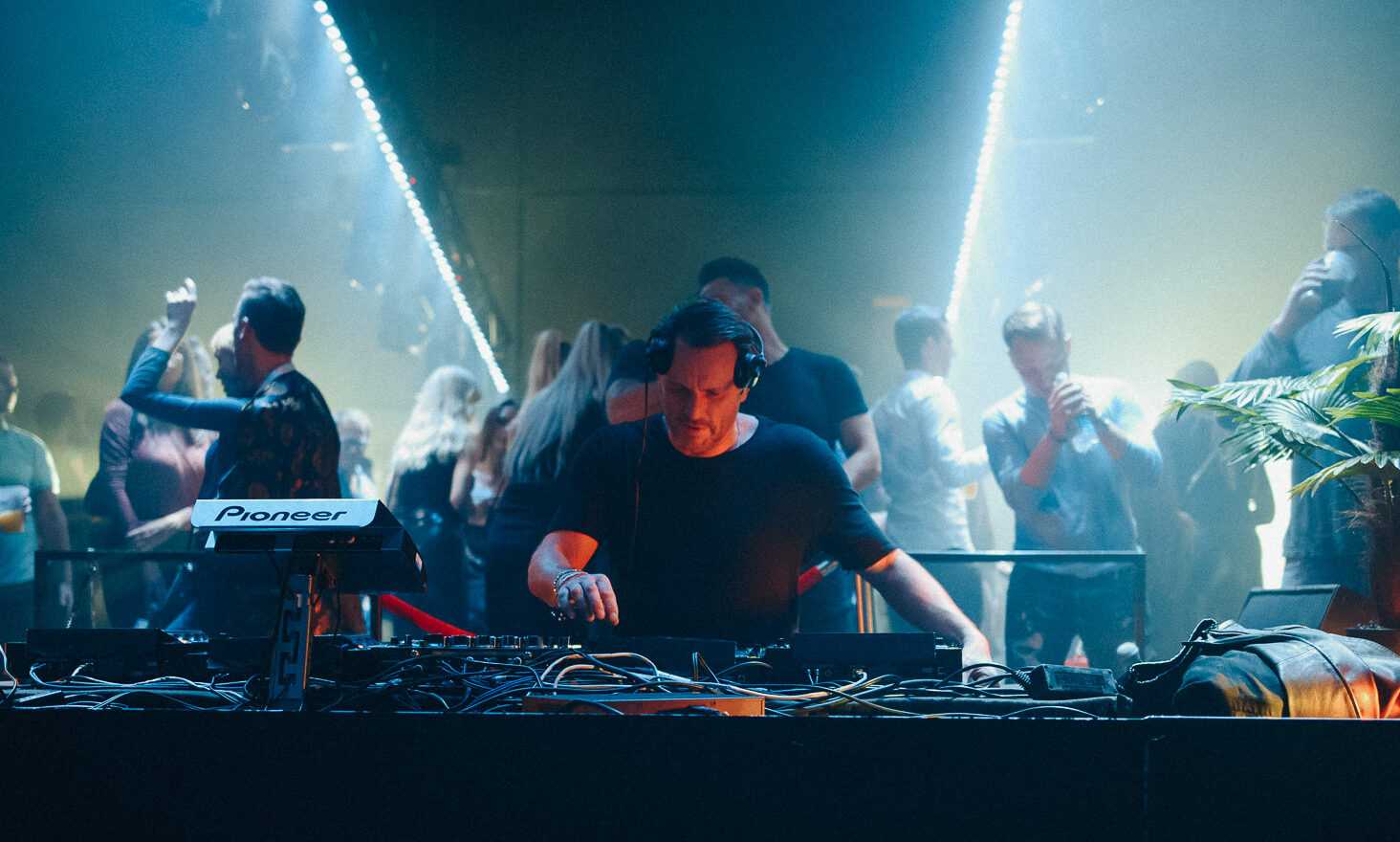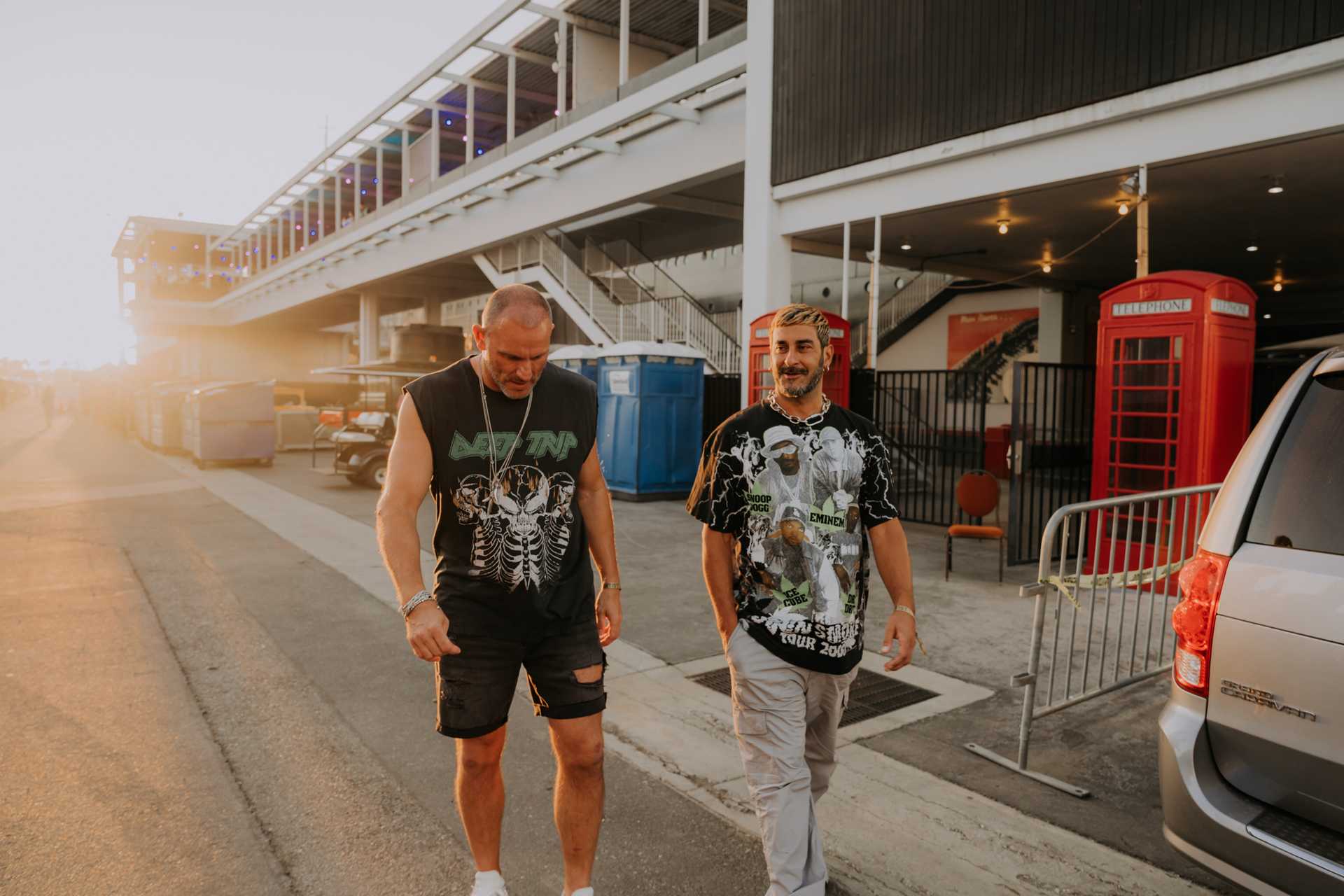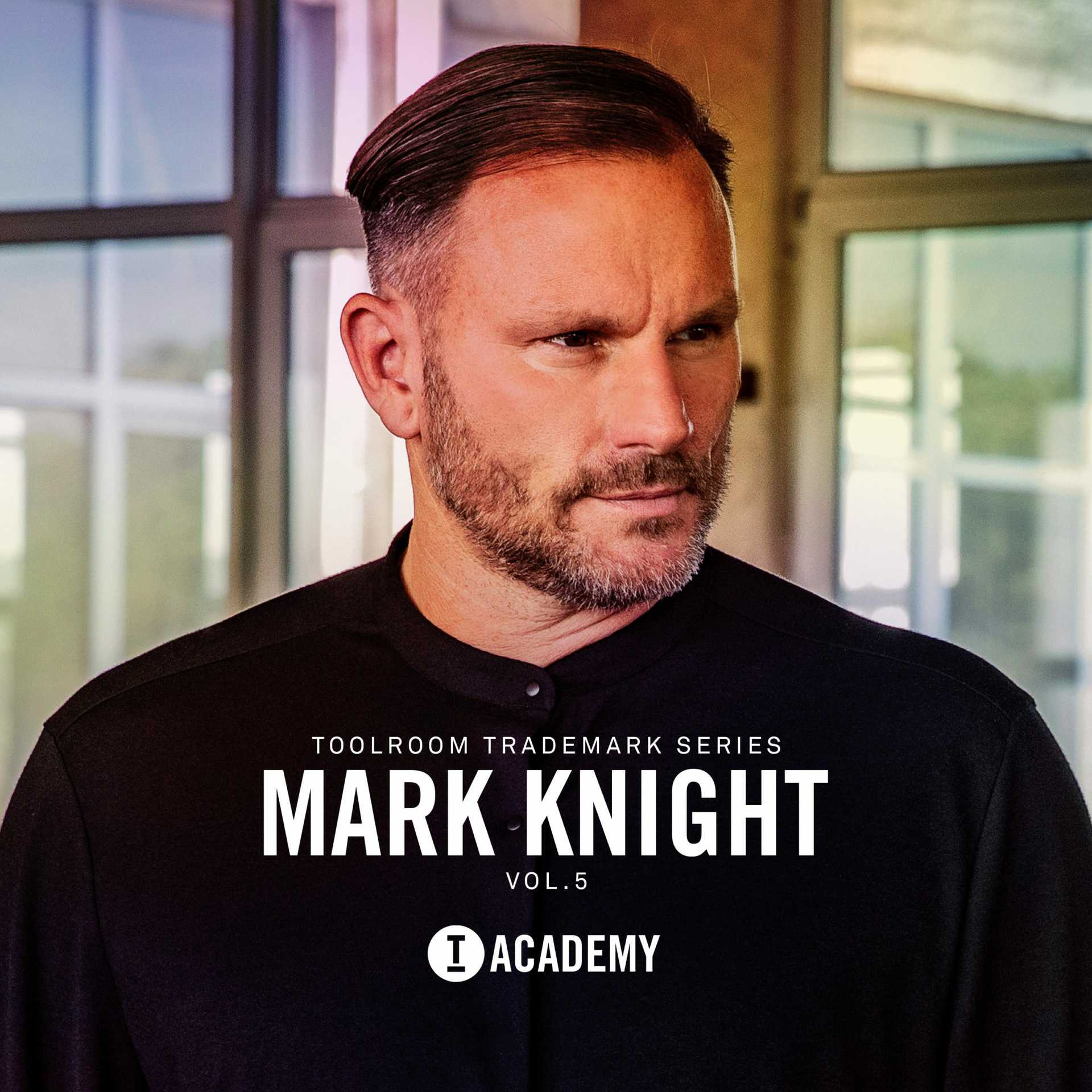The idea of the sample pack is that it is a Jigsaw puzzle, it can be put together in many different ways, all the parts work together. Basically, what I have done over the last year is deconstruct everything I have made as opposed to sitting down at the end of the year and writing specifically for the sample pack. This way I know the parts work well with each other because I spent a year making records with them.
It’s basically a deconstruction of everything I have done in the past 12-18 months. I’ve had success with it, now it’s over to you guys.
It was brilliant working with Armand! First and foremost, he’s just a really nice guy, he’s really interesting and unique. We spent a lot of time before opening the computer just chatting and getting inside each other’s heads. We spent a lot of time before opening the computer just chatting and getting inside each other’s heads. We learnt that we both come from a very similar musical background and are of a similar age, so there was a lot of relatability between us.
On the first night of working together, after we’d had dinner, we went back to his apartment and started digging through his collection of 80’s Disco and Boogie records. This started us off in a positive sense because we both could relate to each other’s musical past. We both had the same records we loved as kids and that have been influences to us, it felt very natural.
While looking through them we stumbled across the TJM sample and thought it would work. The record basically wrote itself. We then went back and forth to make sure it was right sonically and that we had the tempo right to fit into today’s market. This was the first of 4 records we wrote that week so the first of many to come, I’m sure.
Because the record is a 2-bar loop, everything is in the sample. Our task was to flesh it out into a 6-minute track! We wanted to write something with lots of drama and lots of moments, the payoff is there in the sample. It was just about building the right tension to that point. We started with the sample and based everything around that, it was just a case of getting the arrangement right really.
The key component parts are Hooks, Energy & Sonically Complete. These are things that are consistent in my career. They also have moments – Lots of Drama. We are writing club records for that specific environment; they have got to reflect that and stand out when you’re going out to those places. They are the component parts of the records I have always tried to make. I want it to be something that’s memorable. That people would go into a record store and ask for the song that ‘goes like this’. That’s the aim.
My inspiration comes from all different places, it’s not something that turns on or off. I spend my whole life on Shazam, whether I am in the hotel lift, restaurant, JD sports you’re always soaking up inspiration, taking in the music!
I also spend a lot of time listening to the radio. I like to be educated in new and old music. Especially as a DJ, the desire to find music that you haven’t heard before never ends.
Sound wise, it comes from all different places. It depends what kind of record I want to make. If it’s a Synth Bass record, then I’ll start at that point. It’s important to understand what you want to achieve with the record so you can make sure the sound design is exactly where you want it to be. If it’s a sample, then make sure it’s a really good sample. You need to approach every record in its own way.
The most important thing with making hit records is having a good idea – don’t even start until you’ve got that. You need to stick to a plan. The analogy I always think of is that Builders don’t start building a bungalow and then suddenly end up with a block of flats. If they are building a bungalow, they follow the blueprint to build that thing correctly. This is the same with music.
Reference tracks are also so important for this as they provide you with a point of ‘Reference’ of what it is you want to achieve. It won’t be identical due to using different sounds but that’s the key to having any success when it comes to production – Have a solid plan!
Making sure to stick with that idea is also important. You might finish it and then realise it wasn’t as strong an idea as you thought, but at least you saw that idea out. You started with Idea A and finished with Idea A despite it not being brilliant. I think this is paramount for any new producer to understand in order to have success.
I think experience really helps with this as you tend to know if it’s ready after you’ve been doing it for a long time. However, I believe there is no better test for it than playing it out in a club environment. The crowd will instantly give you a very honest reaction to how good it is, they won’t lie. You might play it to your mates and get a bit of a distorted opinion of it based on your relationship with them. We are lucky as DJs to have an opportunity to road test our records week in, week out, use this to your advantage!
You want to get to a point where you can say ‘I can’t get any more out of this record’. I often play them out, then head back to the hotel afterwards and make notes based on what I think was wrong. For example, the kick is too loud, the hats need turning up, this section is 8 bars too long etc. I’ll then wake up the next day with a fresh head, make the changes before playing it out the following night and repeating the process again. It’s a great advantage to have!
I understand not everyone is in the position where they have regular gigs, if this is you, then use every tool you have to your advantage, if you have a mate that DJ’s, get them to play it, maybe stick it on at a party, don’t tell anyone what it is and see the reaction. Get creative!
Not always, I have a record coming out with Lukas Setto that isn’t a club record, it’s a straight radio record. That needs a different energy to ‘Music Began to Play’ for example. You can’t just cut and paste, you need to make sure it fits the context you’re aiming for. The most important thing for a record is to be in context with itself. For example, does it have the right amount of energy in it for where you want it to be. That’s key to knowing if it is ready to send off or club ready, does it make sense with itself.
This was probably ‘Downpipe’. Working with Underworld and D.Ramirez, it’s the stuff of dreams that record.
I also love ‘Everything’s Gonna Be Alright’ with Beverly Knight, it was very reflective of where we were in life at that time.
For me, it’s definitely the all night long sets at sunny beach in Bulgaria – playing for 7/8 hours, it’s 7am and the sun is coming up from the sea; 8000 people there, they were pretty special. That’s something I’ll definitely take away with me and tell the grandkids about.
This one has got to be Dave Spoon – ‘At Night’, at the time, we really started to define what Toolroom was about as a sound and brand; this helped us to cement that. It’s such a simple record but it’s brilliant. It was a very exciting time for the label, it’s when we started to gain success.
Obviously, I am really excited for my next release with Crusy – ‘Daddy Shhh’, I think he’s a really hot talent. I’ve been playing it a lot in my shows, it seems to connect with people instantly, it’ll be interesting to see how the release goes. I’m also looking forward to seeing how his career progresses! I’ve got a lot of faith in this guy, he’s got great energy, a great work ethic and is very talented.
In terms of my own stuff, I am heading to the World Cup and doing 10 shows out there, that should be a lot of fun! It’s the perfect balance of everything I love in my life! The Middle East, Heat, Football and Music! It’s got my name written all over it!
You can pick up your copy from the link below:
https://toolroomacademy.com/shop/sample-packs/mark-knight-vol-5-trademark-series





